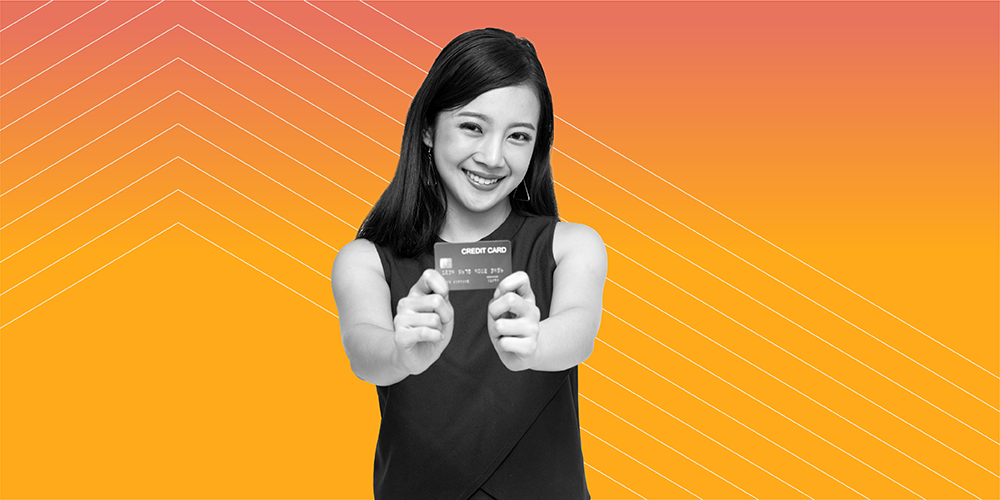What Is a Cash Advance?

Taking a cash advance on your credit card might seem appealing when there’s no money left on your debit card, but it could be costly. That’s a tough decision to make when you need cash fast. A cash advance is a short-term loan with interest and fees. This article will expand on that definition and give you the pros and cons of cash advances. Here are some key takeaways:
- A cash advance is a short-term loan from your credit card that lets you withdraw cash up to a certain limit, often with high fees and immediate interest.
- Cash advance fees typically include a flat rate or a percentage of the transaction, plus a high Annual Percentage Rate (“APR”) that starts accruing immediately.
- Cash advances can negatively affect your credit score by increasing your credit utilization ratio and making repayment more difficult.
- Cash advances are not the same as regular credit card purchases or payday loans. They have a unique structure and consequences.
- Safer alternatives to cash advances exist, including personal installment loans, credit union payday alternative loans, and borrowing from trusted individuals.
How do cash advances work?
The amount of your cash advance cannot exceed your credit card’s total cash limit, which is not the same as your available balance for credit card spending. That’s an important distinction because your cash balance is always lower than the spending limit. Card issuers do this to manage risk, knowing that cash advances carry higher default rates than regular purchases.
Getting a credit card cash advance is as simple as going to your local ATM. You’ll need a PIN provided by your credit card issuer. Another option is to visit a bank branch with your credit card and identification. The teller can give you a cash advance. Yet a third option is to use a convenience check from your credit card company, if they provide them.
What is a cash advance fee?
There are several reasons why a credit card cash advance should be one of the last options you choose when you need money. Cash advance fees top that list. Credit card companies usually charge either a flat fee or a percentage of the withdrawal amount. Flat fees are typically around $10. The percentage is usually 3% to 5%. You pay whichever is higher.
It gets worse. The APR on a credit card cash advance is higher than your regular purchase rate, often exceeding 25%. That’s mainly due to interest accruing immediately without the grace period you get on regular transactions. Here’s an example:
- You withdraw $200 with a 5% transaction fee and 24% APR.
- You'll immediately pay $10 in fees.
- If you take a month to repay, you'll add roughly $4 in interest.
In this example, your $200 cash advance costs $214, a 7% premium for one month's access to money. To put that into perspective, the average annual interest rate for a personal loan was 12.65% in May 2025. It’s significantly cheaper to go that route.
Are cash advances bad for your finances?
The high interest rate and fees can easily create financial unmanageability, so paying off the cash advance balance should be your top priority. Unfortunately, if you have purchase balances on your credit card, your payments will go to pay them first. Credit card companies always apply your payments to the cheaper debt first. This can create a debt trap.
Understanding this payment hierarchy before taking a cash advance could prevent you from doing it. Unfortunately, most people don’t know how this works until after the transaction is complete. You’d think that would make you unlikely to make the same mistake again once the debt has been paid in full. Sadly, many credit card holders don’t learn that lesson.
Benefits of a cash advance (when it might make sense)
Despite the drawbacks, cash advances can be beneficial in the right circumstances. Fulfilling a need for instant cash is certainly one of those benefits. Bypassing the installment loan approval process is another. You can access funds instantly without applications, credit checks, or approval delays that characterize other borrowing options.
Credit card cash advances aren’t a bad option if you have an immediate payment plan in place that will eliminate accrued interest. In an emergency where no alternatives exist, a cash advance can provide much-needed liquidity. It also doesn’t require collateral like a secured loan, meaning you won’t lose any assets if you can’t afford to repay it.
Safer alternatives to cash advances
Personal installment loans are safer and cheaper than credit card cash advances. You’ll pay less in interest and fees, and you’ll usually have 12 to 36 months to pay what you owe. Most importantly, the interest rate is fixed and built into your monthly installment payments, which will remain the same throughout the life of the loan agreement.
Credit union payday alternative loans are another option. The interest rate is capped at 28%, and they’re structured as short-term installment loans. Of course, you’ll need to be a credit union member to take advantage of them, but the overall cost is much lower than what you’d pay for a standard payday loan or credit card cash advance.
Do cash advances hurt your credit score?
Cash advances don’t directly impact your credit score with hard inquiries, but they do increase your credit utilization, which is a variable in calculating FICO scores. Payment history is another variable. Your credit score will be impacted if you fail to make payments or pay your credit card bill late. That’s more likely if your outstanding balances are higher than you can afford.
This all comes down to budgeting and personal financial planning. An individual who sticks to their monthly spending budget should never have to take a credit card cash advance. Those with the foresight to create an emergency savings account can draw on it when cash is needed. Facing financial challenges without savings is a hard lesson to learn.
Conclusion: Should you get a cash advance?
Cash advances can provide quick cash when you need it, but they can be expensive. Credit card issuers typically charge a flat rate or a percentage of the withdrawal, and interest starts to accrue immediately. This can trap you in a debt cycle. To avoid that, consider alternatives like installment loans or payday alternative loans. You should also speak with a financial advisor about building an emergency fund or establishing less expensive credit options.
Please note the below article contains links to external sites outside of OppU and Opportunity Financial, LLC. These sources, while vetted, are not affiliated with OppU. If you click on any of the links you will be sent to an external site with different terms and conditions that may differ from OppU’s policies. We recommend you do your own research before engaging in any products or services listed below. OppU is not a subject matter expert, nor does it assume responsibility if you decide to engage with any of these products or services.



